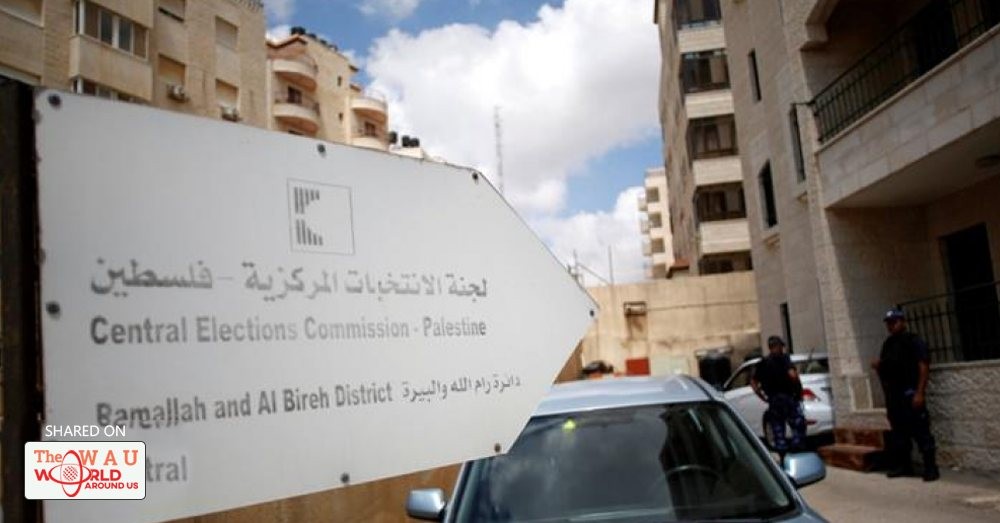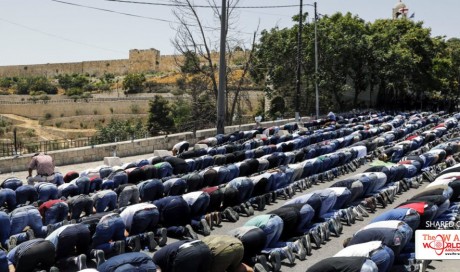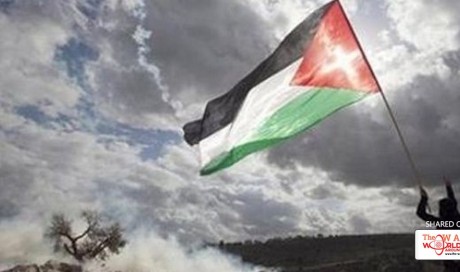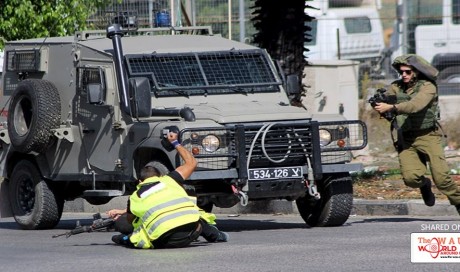The Palestinian government has delayed municipal elections for up to four months with Fatah and Hamas so far unable to overcome divisions to organise their first competitive polls in a decade.
The postponement came on Tuesday, a day after the Palestinian high court ruled that the elections, initially scheduled for October 8, should be held only in the West Bank and not in the Hamas-controlled Gaza Strip.
A new date for the vote was not set by the government based in the West Bank, the Palestinian territory run by President Mahmoud Abbas's Fatah party.
The Palestinian Central Elections Commission and the United Nations special representative welcomed the postponement, saying they were hopeful that Gaza would now be included in the eventual vote.
The Palestinians have not held an election in which both Hamas and Fatah took part since 2006. They have also not held a vote in both the West Bank and Gaza Strip at the same time since then.
"The Palestinian cabinet, in consultation with President Mahmoud Abbas, decided to postpone the local elections for [up to] four months," Prime Minister Rami Hamdallah said in a statement.
Hamas rejected the postponement and said the delay and the decision not to hold the polls in Gaza were Fatah manoeuvrings to avoid an electoral defeat.
Hamas, labelled as a "terrorist organisation" by the United States and European Union, had planned to support lists of candidates not officially linked to the movement to avoid potential sanctions if they won.
It was not clear if Hamas would still attempt to do so.
The elections were initially to choose municipal councils in some 416 cities and towns in Gaza and the Israeli-occupied West Bank.
On September 8, the Palestinian high court based in the West Bank suspended the polls following disputes between Fatah and Hamas over candidate lists.
That dispute led to Monday's decision in which the high court ordered the elections to be held only in the West Bank and not in Gaza.
It said that the Hamas-controlled judiciary in Gaza did not have the necessary "guarantees" in place for holding the polls.
It was unclear if Tuesday's postponement meant Gaza would be included in the elections or another court ruling would be needed first.
In a statement, it said a postponement was preferable to only holding the vote "in the West Bank, which would have deepened the division in the country and negatively affected the public interest of the Palestinian people".
OPINION: East Jerusalem's elections are more than symbolic
Nickolay Mladenov, UN special coordinator for the Middle East peace process, also welcomed the postponement, saying in a statement it was important that elections "be organised both in the West Bank and Gaza".
Mukhaimer Abu Saada, professor of political science at Gaza's Al Azhar University, told AFP that "if a consensus can't be reached, the most likely scenario is cancelling the elections".
Reconciliation attempts between Hamas and Fatah have repeatedly failed, and Hamas boycotted the most recent Palestinian municipal elections in 2012.
An official with the electoral commission said authorities now planned to restart the process from the beginning - meaning that candidate lists already registered could be wiped out.
Hamas spokesman Sami Abu Zuhri told reporters the group opposed that and wanted the process to restart from the point where it was stopped.
Fatah and Hamas have not contested an election since the 2006 parliamentary polls which Hamas won - sparking a conflict that led to near civil war in Gaza the following year.
This year's vote was planned with 81-year-old Abbas under heavy political pressure as opinion polls have suggested most Palestinians would like him to step down.
Some analysts saw Abbas's decision to call for the municipal elections as a failed gambit since he may have been hoping Hamas would repeat its 2012 boycott.
Share This Post















